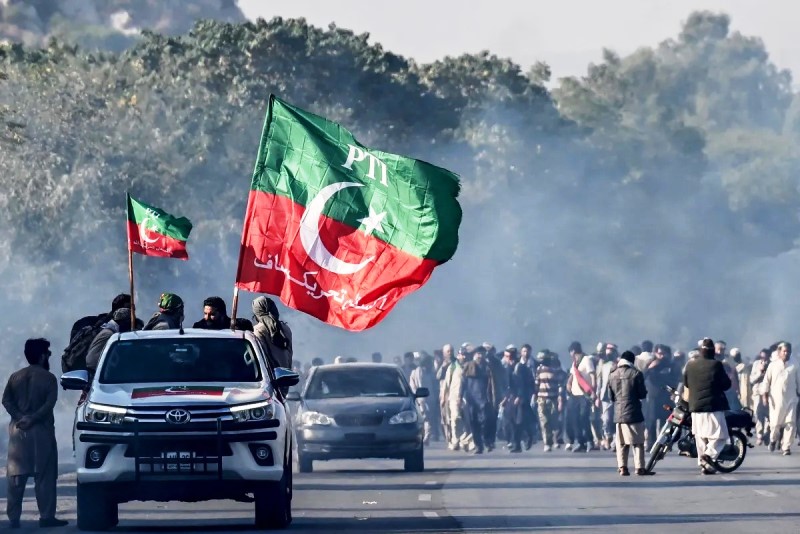The Pakistan Tehreek-e-Insaf (PTI) has declared a comprehensive boycott of the upcoming by-elections scheduled for the constituencies of its members disqualified by the Election Commission of Pakistan (ECP) in connection with the May 9 riots. Announcing the decision after a meeting of its political committee, the party labelled the disqualified lawmakers as victims of a “political vendetta” and affirmed them as its “true representatives.” The by-polls, set for September 18 in NA-66 Wazirabad, NA-129 Lahore, and PP-87 Mianwali, and October 5 in several other constituencies, will see the PTI abstain from participation as a formal protest.
In a related development, the party vehemently criticized the ongoing judicial proceedings against its leadership, specifically the daily hearings of the Toshakhana case being conducted in Adiala Jail. The PTI’s official statement condemned these hearings as a fundamental “violation of basic rights” that disrupts adequate legal representation and exerts undue pressure on the accused. The party warned that such practices risk undermining the integrity and fairness of the country’s entire justice system.
Deepening its strategy of non-engagement, the PTI committee also announced a mass resignation from all parliamentary committees in the National Assembly. Acting on the instructions of its founding chairman, the party is stepping down from the Public Accounts Committee (PAC), all standing committees, and any chairmanship positions it held. This move was immediately acted upon, with multiple PTI MNAs, including Faisal Amin Khan—brother of KP Chief Minister Ali Amin Gandapur—and Asif Khan, formally submitting their resignations from various committees.
Despite the widespread boycott, the PTI made one key exception: it will contest the by-election in Lahore’s NA-129 constituency, which fell vacant due to the death of veteran politician Mian Azhar, the father of PTI leader Hammad Azhar. The committee concluded by expressing gratitude to the party’s founding chairman for placing his trust in them and delegating the authority for future political strategy and decision-making to the committee. This series of actions marks a significant escalation in the party’s ongoing confrontation with the ruling coalition and state institutions.














